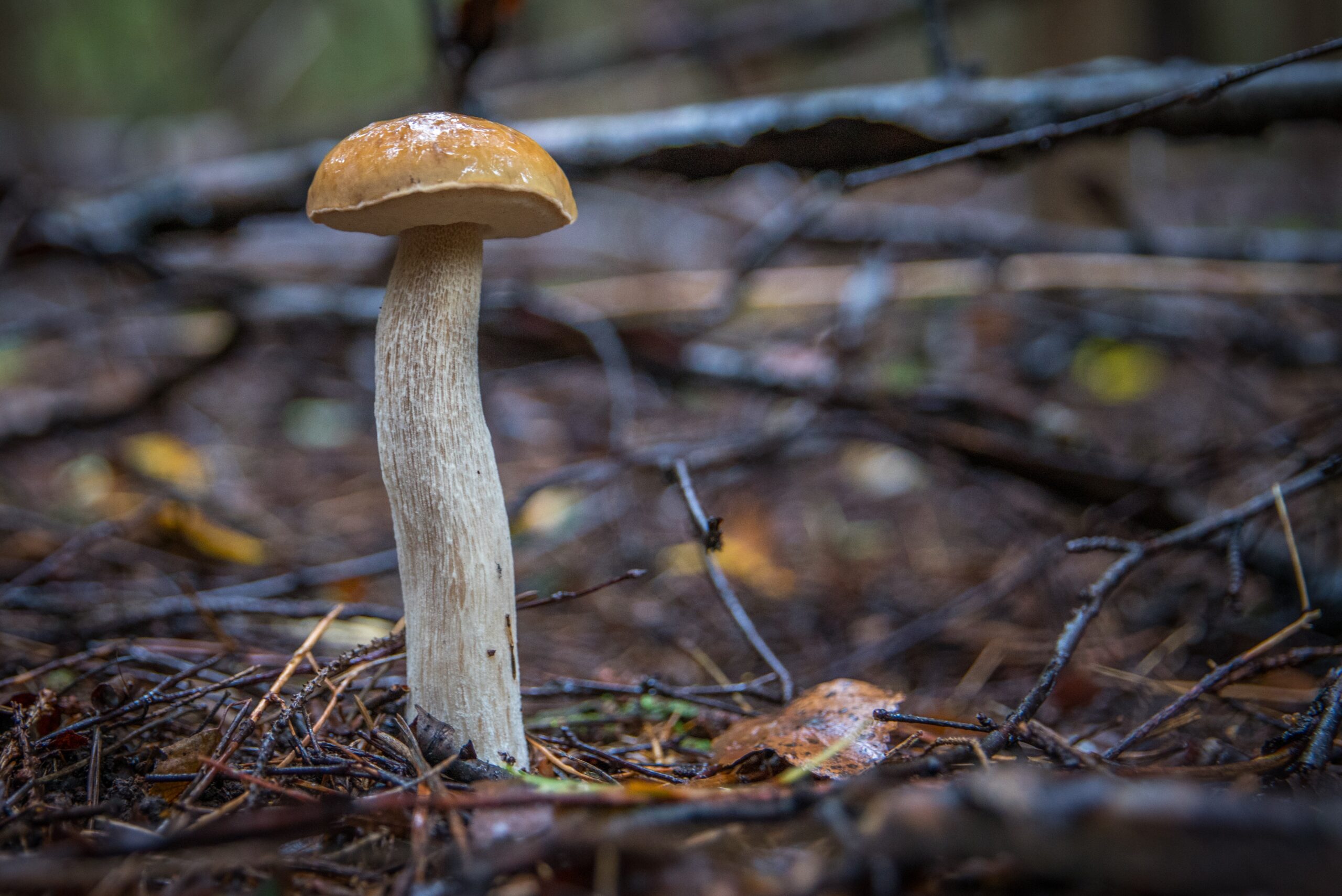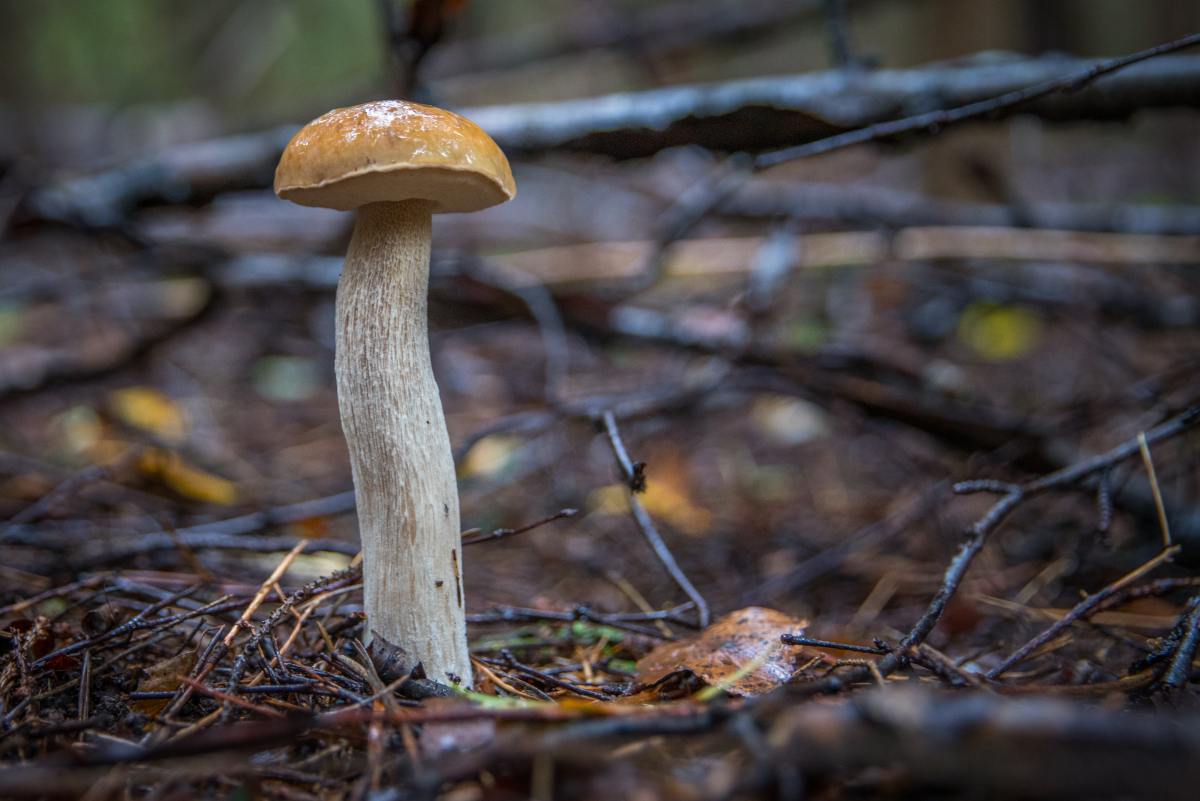In Oregon, Psilocybin (AKA Magic Mushroom) Therapy Is on the Ballot


The topic of therapeutic psychedelic drugs and magic mushrooms sounds like something you might discuss with your friend in college who’s a 6th year senior and maybe a philosophy major. It’s not something you would expect as a ballot measure. But 2020 is a year of wonders, I guess, but this one actually has the potential to do a lot of good for people.
Measure 109 will go to voters this year in Oregon. The measure would legalize the use of psilocybin-producing mushroom and fungi products for individuals 21 years of age or older, to be used for therapeutic purposes and regulated by the state. Why put this on the ballot? Because psilocybin has incredible potential as a therapeutic aid.
Yes. Magic mushrooms can help people.
The idea of the therapeutic use of psilocybin (the active chemical in “magic mushrooms”) might not be new to you. Many of you might have, like me, thrown yourself into the goop lab early this year with a mix of suspicion and curiosity, but come out with a more open mind and interest in the topic of mushroom therapy after episode one, “the good trip.” Or you might be a fan of food writer Michael Polan, whose 2018 book How To Change Your Mind is all about the science of psychedelics and their therapeutic potential.
So how does this work? How does tripping have therapeutic benefits? Well, one effect of psychedelics, like psilocybin, is to basically turn off the brain’s reaction to traumatic memories and fear, and the hallucinogenic effects can also, according to advocates, let people literally confront their depression, anxiety, and addictions. Sometimes, confronting memories and trauma in this way can be deeply healing.
There are reams of studies and evidence that psilocybin can function like months of therapy in a single session or trip, but we don’t necessarily know how, and there aren’t a lot of options for people to study it. Which is why, advocates claim, it needs to be legal and safe. Here’s what Michael Pollan has to say to Time Magazine about who these substances work and why they can help people.
What do psychedelics do to the human mind?
The honest answer: nobody quite understands. We’re really just at the beginning of exploring that frontier. But psychedelics appear to diminish activity in one very important brain network called the default mode network. That network is very involved with operations having to do with our sense of self: how we integrate what’s happening to us in any given moment, with our abiding sense of who we are.
The interesting thing about psychedelics, both LSD and psilocybin — the ingredient in magic mushrooms — is that they take this network offline. When that happens, you have this sensation of ego-dissolution: that your self is evaporating or dissolving. And that seems to lead to new connections in the brain temporarily forming. Your emotion center starts talking directly to your visual cortex, let’s say, and you see things that you’re hoping or fearing. New connections are made that could produce new insights, new perspectives, new ways of looking at the world.
There are other psychedelics not on the ballot that have potential therapeutic uses as well, such as MDMA, which has been helpful in treating veterans with PTSD.
Psychedelics became a huge part of the counter culture in the 60s and were thus swept up in the legal pushback, and all categorized as dangerous drugs and made illegal. But most popular psychedelics are not addictive in the sense that they do not create any physical dependency the way opioids, nicotine, and alcohol can. and they themselves are generally not fatal when used safely alone. Of course, when these drugs are abused in an unsafe setting, they can cause people to do risky things and when mixed with other drugs or substances, they can be as dangerous as anything else. This is why allowing them to be used in safe settings and in a regulated manner is important.
Under the proposed Oregon law, safety would take priority, and people would still not be allowed to grow their own magic mushroom or even consume them at home. The allowed use would be strictly therapeutic. And it would take a while for the program to get set up, so in the terrible case that Trump wins reelection but this measure passes, we won’t be immediately allowed to use magic mushrooms to deal with that trauma. Sadly.
If the measure passes, Oregon will be the first state to take this step but not the first jurisdiction. The city of Denver decriminalized mushrooms in May, 2019; Oakland did so in June of that year, and Santa Cruz joined the club in January of this year. If this passes it will be a big step in the psychedelic renaissance that’s just beginning, and if it helps people, then it certainly will be a good thing.
(Image: Pexels)
Want more stories like this? Become a subscriber and support the site!
—The Mary Sue has a strict comment policy that forbids, but is not limited to, personal insults toward anyone, hate speech, and trolling.—
Have a tip we should know? [email protected]
